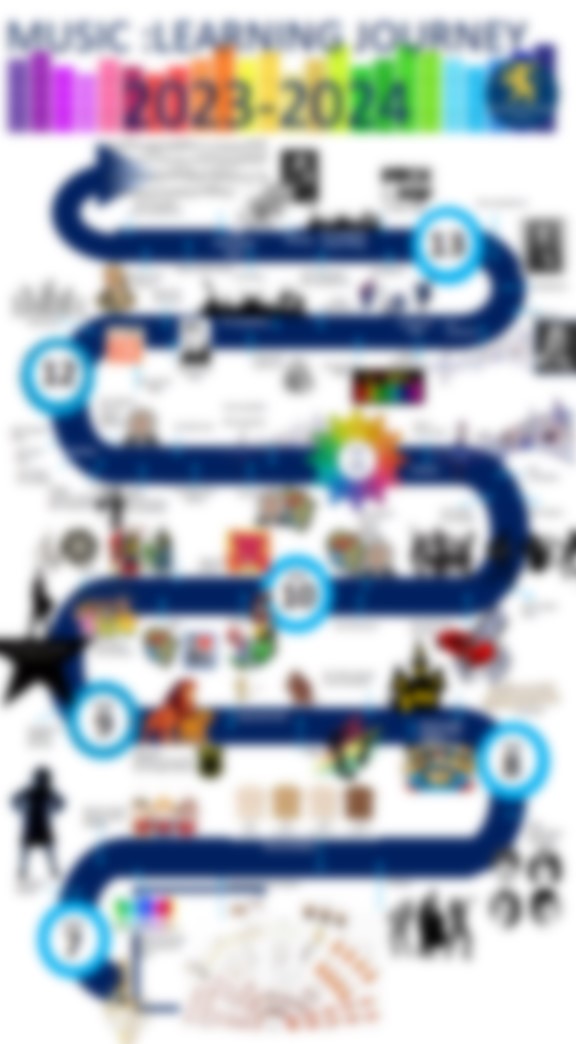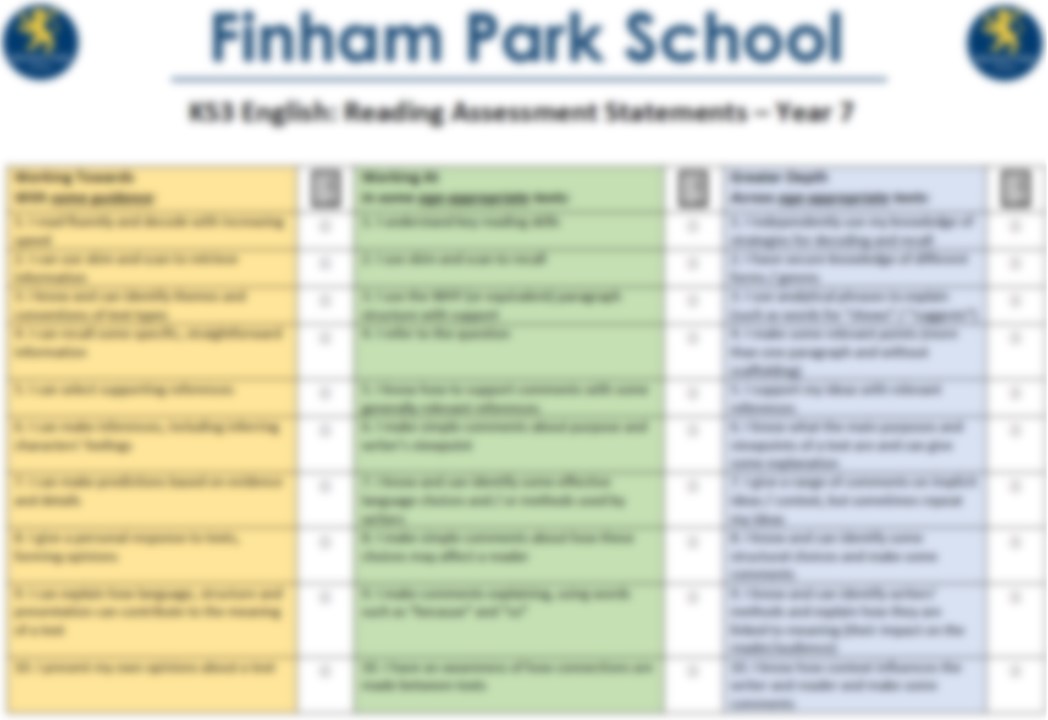Design & Technology
Welcome to the Design and Technology department
Curriculum Intention and Aims
Design and Technology teaches students to use creativity and imagination so as to design and make products that solve real and relevant problems within a variety of contexts, considering client’s needs, wants and values. They acquire a broad range of subject knowledge including that of material properties, design history, commodities, manufacturing processes, scientific approach of chemicals and functions of ingredients, understand and apply the principles of nutrition and learn how to cook as well as how to utilise mathematical systems to solve problems in manufacture. Through the evaluation of past and present design and technology, they develop a critical understanding of its impact on daily life and the wider world.
Design and Technology prepares you to participate in tomorrow’s rapidly changing world. Students learn to think and intervene creatively to improve quality of life. Here at Finham Park School we teach students the design process and the skills they need to turn their designs into products, allowing students to give practical solutions to real problems and continually relating tasks back to real-life.
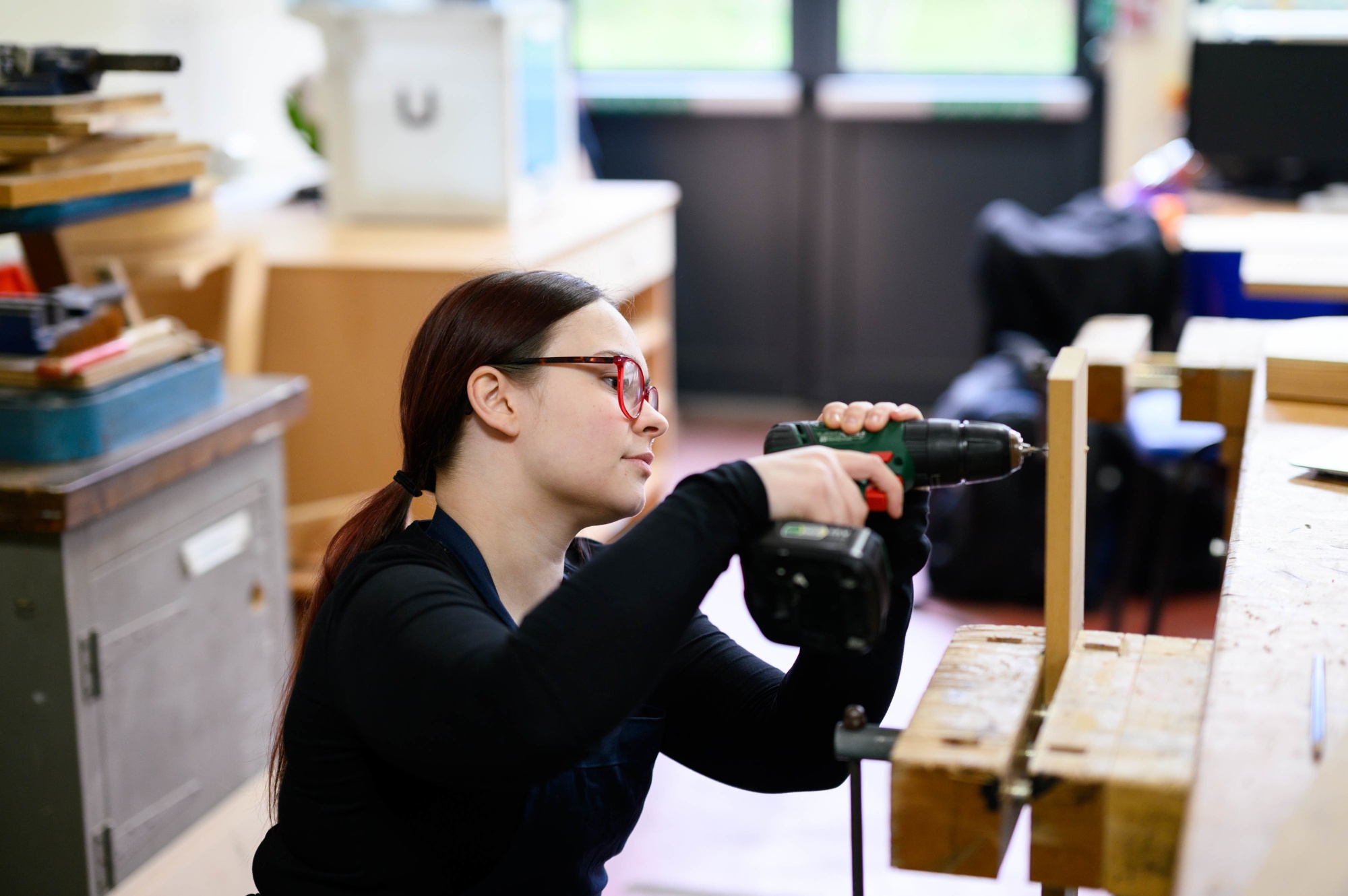
What is Design & Technology?
Design and Technology teaches students how to be autonomous learners, taking responsibility for planning and organising their own work, and evaluating in a reflective and critical manner. Students also learn to adapt to working practically both individually and co-operatively. We know that the majority of our students very much enjoy the practical nature of our subject and gain the satisfaction from the successful completion of a practical project.
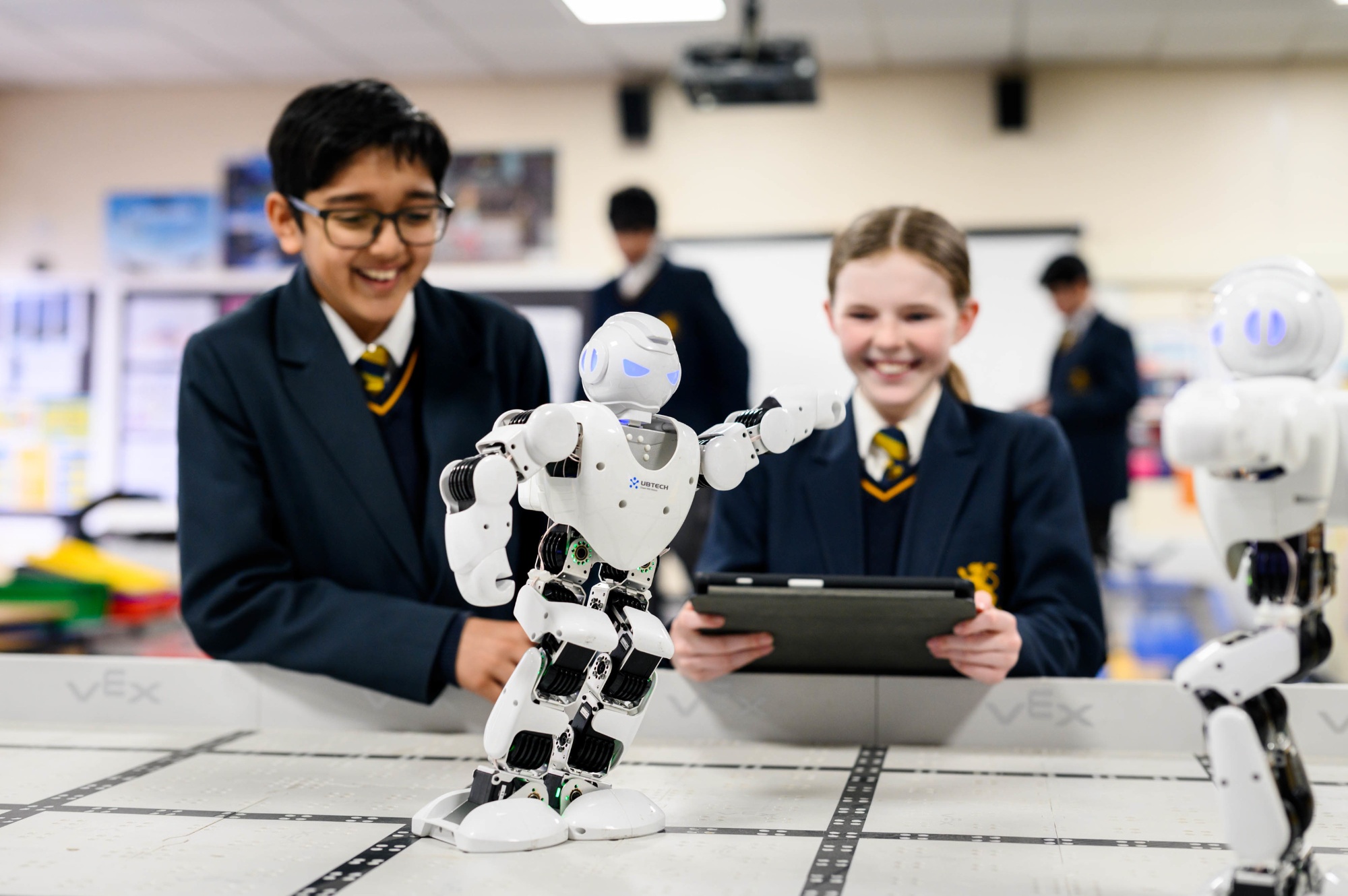
Facilities
Within the department we have five specialist technology rooms, one recently refurbished Food Technology room (H13) and four Product Design rooms (K12, K13, K14 and K15). All workshop rooms are fully equipped with computers for student use and K14 has a full computer suite integrated into the room. As well as the traditional machinery, we are also fortunate enough to have three 3D printers, laser cutter, a robot competition arena, VEX EDR Robots, VEX IQ Robots, Crumble and BBCMircroBits. These machines enable students to build quality prototypes from their designs and experience new technologies and programming.
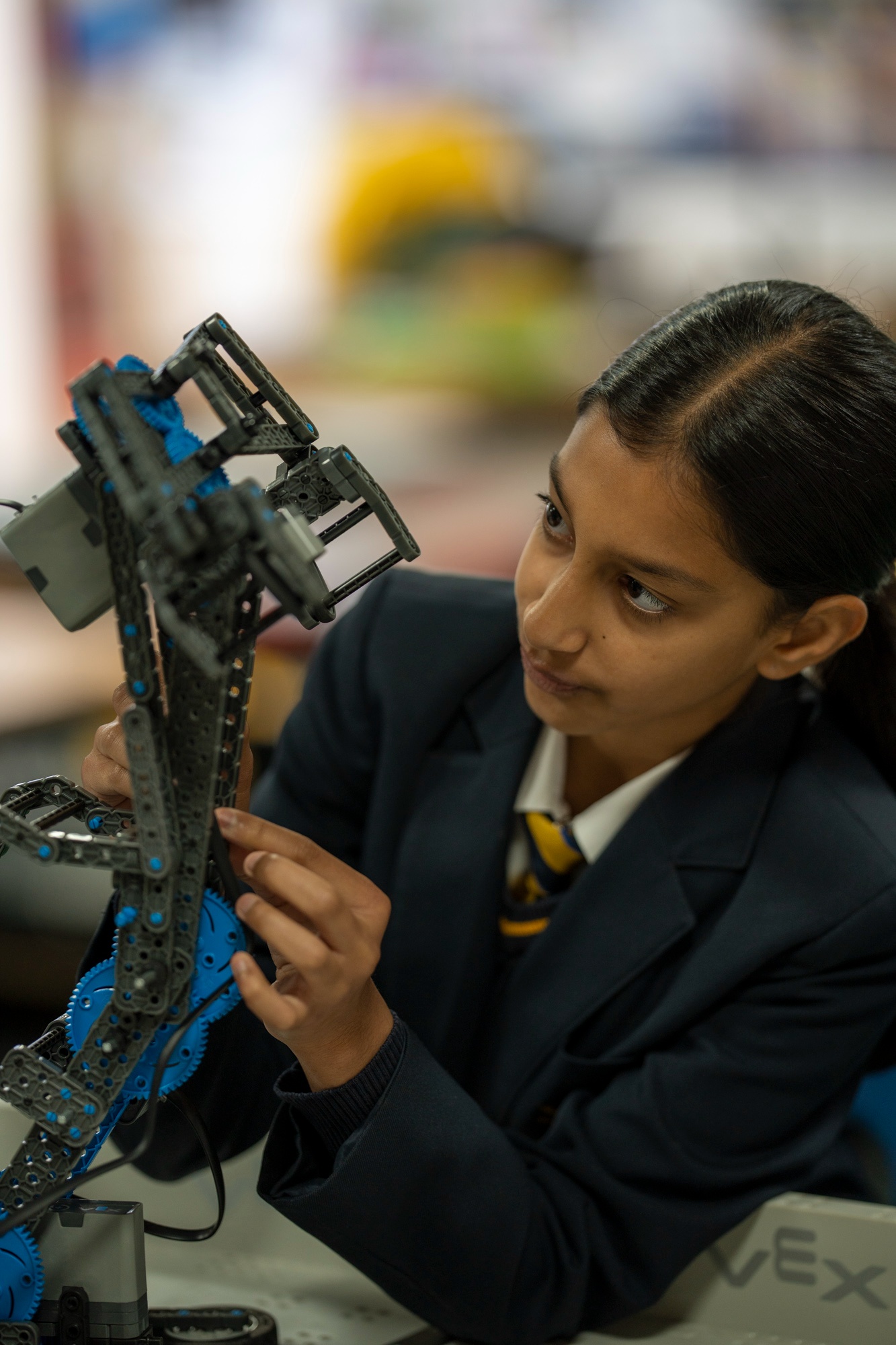
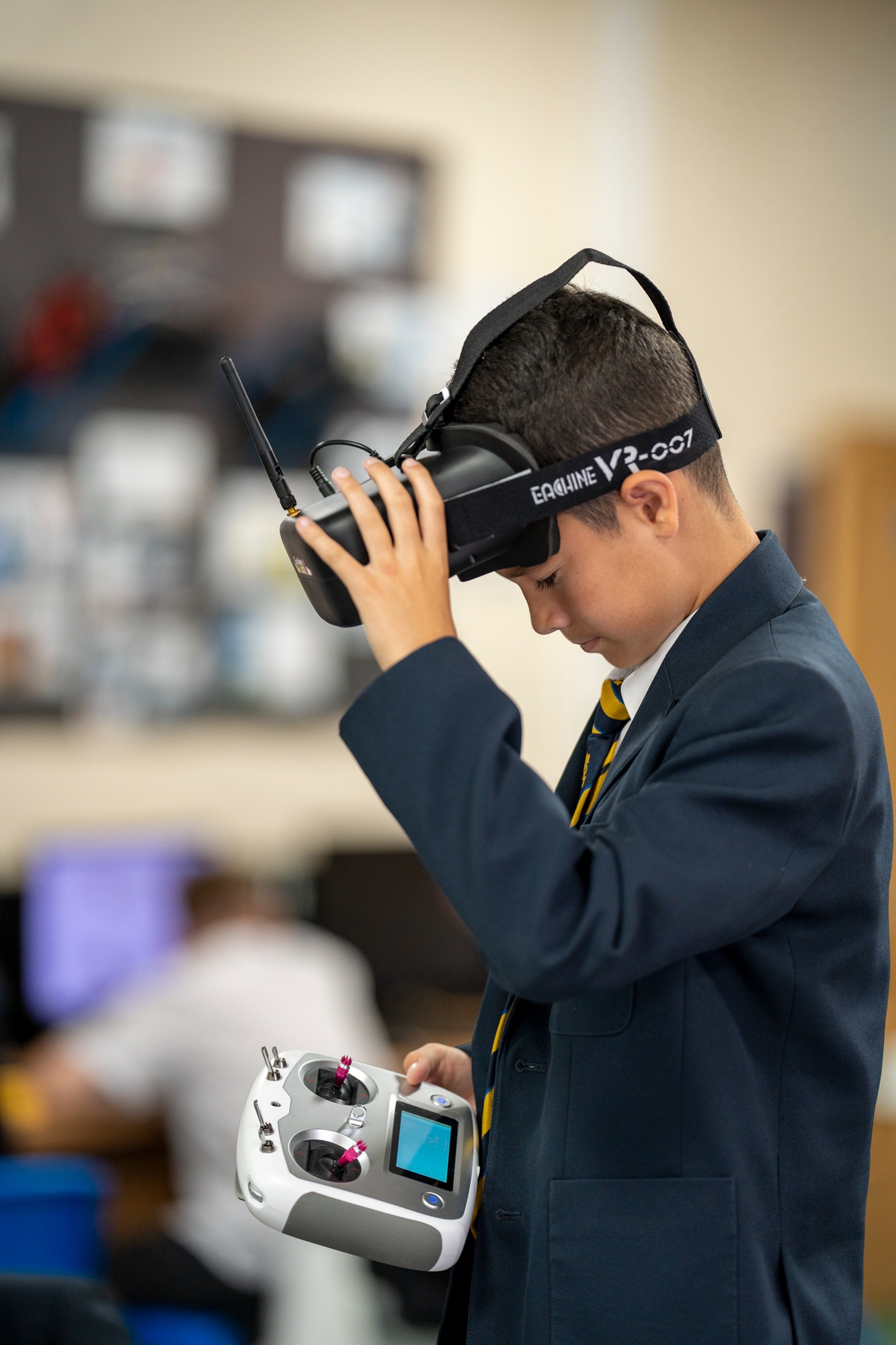
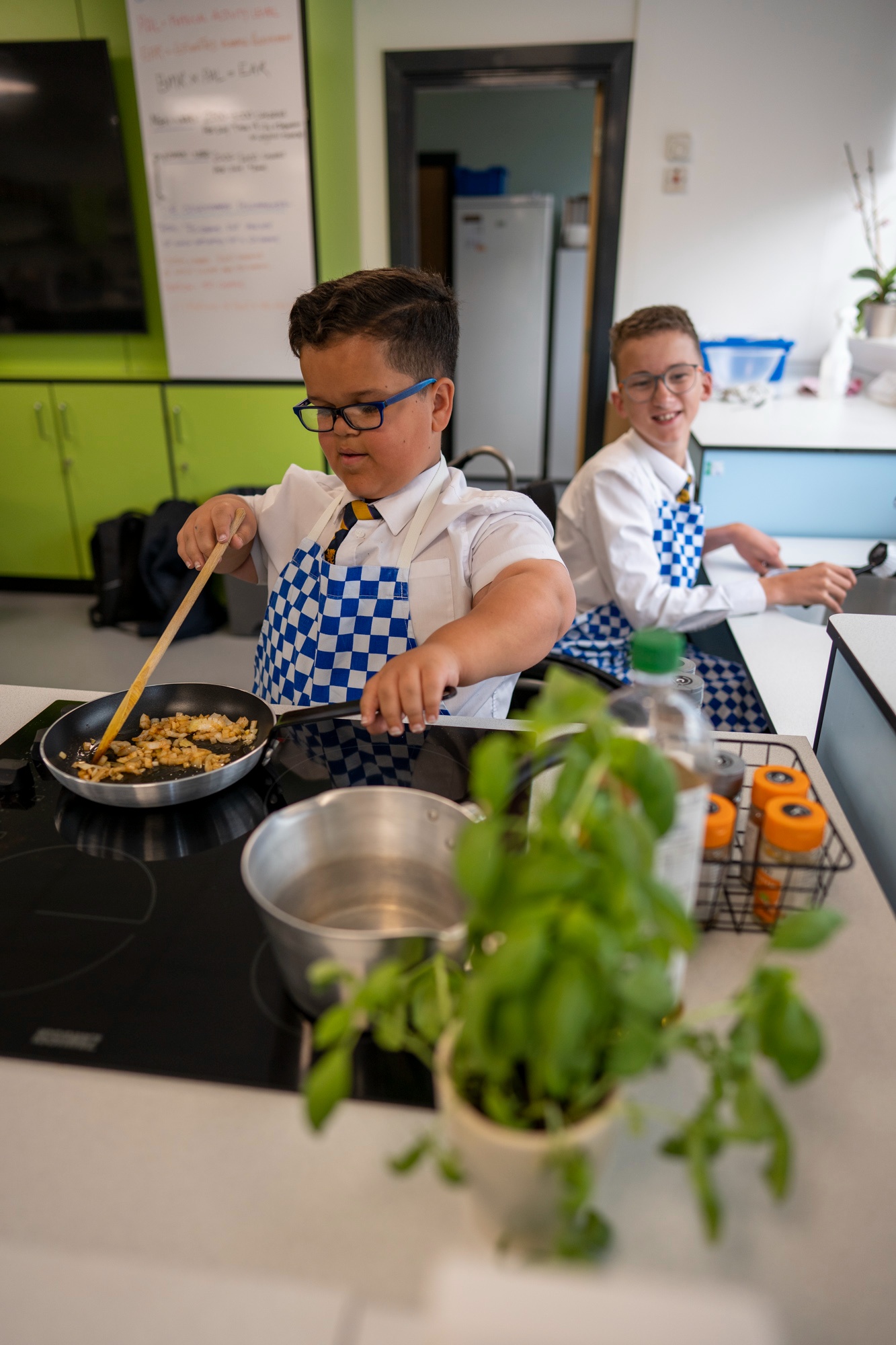
Key Stage 3
Key Stage 3 students are taught in group sets of approximately 20 and we teach a modular system. In Years 7, 8 and 9 students experience all areas of Design and Technology by completing a carousel within the department, experiencing a different specialism in each 10 week rotation. Each year group will complete four modules each year. Planning for teaching and learning at Key Stage Three is informed by the new Design and Technology National Curriculum to provide challenging experiences that offer sequential learning opportunities and ensure content is plotted to prepare students appropriately for their KS4 courses. Areas covered within Design and Technology are:
- Food Preparation and Nutrition
- Robotics and Animatronics
- Product Design
- Graphic Products
- Electronic Products
- Rapid Prototyping
- Programming and Systems and Control
- CAD/CAM
- Model making/testing
Current Projects in Year 7
- Silicon Spa (3D Designing and Printing)
- Trinket Box
- Sustainable Light and 3D drawing skills
- You Are What You Eat – Healthy eating and basic nutrition
Current Projects in Year 8
- Innovative Architecture
- Animatronics
- Promotional Speaker
- Healthy School Meals – building on Yr7 to further develop knowledge of healthy eating and nutrition.
Current Projects in Year 9
- Multi-tool project
- Biomimicry furniture
- 20th Century design movements
- Street Food
Key Stage 3 Homework
As a department we feel strongly that students should be encouraged to become more independent learners and learn to meet deadlines so as to prepare them for controlled assessment at KS4.
Homework links to the different project areas and there will be three project based homework assignments to enhance student learning and understanding of the different areas covered.
Key Stage 4 - Design And Technology, Engineering and Food Technology
At the end of Year 9, students will select their options. In Design and Technology, we offer the following subjects for them to choose from:
AQA GCSE - Design and Technology
This course aims to develop students creativity, technological know-how and design capability. They apply their knowledge and understanding of technology and industrial practices to develop and manufacture high quality products in a variety of materials. In Year 10, students will learn and develop a variety of skills by completing a series of short projects. These will enable them to experience the iterative design process from start to finish. During this year, students will also develop their independent learning skills by experimenting with different methods of how to create final outcomes and products. Theory work and preparation for their GCSE examination will take place during Year 10 with concepts and content introduced to students through a variety of practical making lessons, designing and drawing lessons as well as pure theory based lessons. Students complete their non-exam-assessment during the course of Year 11. Areas of study:
- Core technical principles – new and emerging technologies, energy storage and generation, modern and smart materials, systems approach to designing, mechanical devices, materials and their working properties
- Specialist technical principles – selection of materials and processes, forces and stresses, ecological and social footprint, scales of production, sources and origins, using and working with materials, stock forms, types and sizes, specialist techniques, surface treatments and finishes
- Designing and making principles – investigation, primary and secondary data, environmental, social and economic challenge, the work of others, design strategies, communication of design ideas, prototype development, selection of materials and components, tolerances, material management, tools and equipment and techniques and processes
The course is assessed with 50% non-exam assessment which is a single design and make project. It should take approximately 30 – 35 hours to complete. Students can choose a project from a list set by the exam board. The other 50% of the course is assessed through a written examination at the end of Year 11.
WJEC GCSE - Food Preparation and Nutrition
Our GCSE in Food Preparation and Nutrition equips students with not only practical cooking skills but the theoretical knowledge of food science, nutrition and healthy eating.
It consists of two components, the first looks at a range of six topics; food commodities, principles of nutrition, diet and good health, the science of food, where food comes from and cooking and food preparation. This knowledge will be assessed through a written examination which is worth 50% of the overall grade.
The second component focuses on food investigation and food preparation practical assessments, which will make up the remaining 50%.
Areas of study:
- Nutritional needs: Can you produce a meal for a specific dietary group?
- Diet related health risks: The biggest killer in this country is diet related illness, how do we stop it?
- Food provenance: where does your food come from? What is involved in producing it?
- Technological developments in food, where will we get our protein from in the future?
- Culinary traditions: Can you master the classic dishes all chefs learn on their way to greatness?
- The range of factors that influence food choice, why do we eat what we eat?
- Food marketing: an industry worth billions, but how does it work?
- Food Science: What is a colloid? Why does a steak on a barbecue taste so amazing? This module will tell you all of that and much more.
- Food safety principles. Have you ever had food poisoning? This element will ensure it never happens to you or anyone you cook for.
- Cooking skills: You will improve all aspects of your cooking from organisation, knife skills to presenting dishes that would sit happily in top restaurants
OCR Cambridge National - Engineering Design
The qualifications looks at different techniques related to Engineering and prepares students for future careers and higher education and different Engineering sectors. The course is 60% NEA looking at two units and 40% exam which is covered in the other unit.
Written exam unit:
- R038 Principles of engineering design
NEA unit titles:
- R039 Communicating designs
- R040 Design evaluation and modelling
The Cambridge National in Engineering Design will encourage students to:
- understand and apply the fundamental principles and concepts of Engineering Design, including the design process, types of drawings, influences on design, and the use of Computer Aided Design (CAD)
- develop learning and practical skills that can be applied to real-life contexts and work situations
- think creatively, innovatively, analytically, logically and critically
- develop independence and confidence in using skills that would be relevant to the engineering design and development sector and more widely
- analyse problems in design terms through practical experience of solving such problems, including designing, and modelling designs to meet a design brief
- understand the different stages of the iterative design process, recognising the cyclical nature of this approach
- evaluate designs through product disassembly and the process of using product analysis.
Key Stage 5 - A-Level Design
A-level Design and Technology: Product Design requires students to engage in both practical and theoretical study. This specification requires students to cover design and technology skills and knowledge as set out below. These have been separated into:
- Technical principles
- Designing and making principles
The course is 50% NEA and 50% exam which is split into two separate exam papers at the end of Year 13. The NEA broad title is: “Real world problems/issues” and the NEA is marked out of 100 marks and is assessed against the following criteria.
AO1 (30 marks) Identify, investigate & outline design possibilities
- A Identifying and investigating design possibilities 20 marks
- B Producing a design brief and specification 10 marks
A02 (50 marks) Design & make prototypes that are fit for purpose
- C Development of design proposal(s) 25 marks
- D Development of design prototype(s) 25 marks
A03 (20 marks) Analyse & evaluate
- E Analysing and evaluating 20 marks
Students prepare this during year 12 where they complete a series of mini projects looking at learning through practical application looking at the following areas. The projects equip students with the means to complete their NEA to a high standard.
- Laser cut lamp project
- V&A chair project
- Upcycling pallet project
- Concrete Speaker
- Architecture
Department Staff
| Head of Department | Mr R Elliott (BSc) |
| Mr A Clarke | |
| Ms E Georgiou | |
| Mr P Maguire - Head of STEM (BSc) | |
| Mr R Kennedy | |
| Ms F Atkinson Rowse - D&T Technician (BA) | |
| Ms Y Rainey - Food Technology Technician (BSc) |
